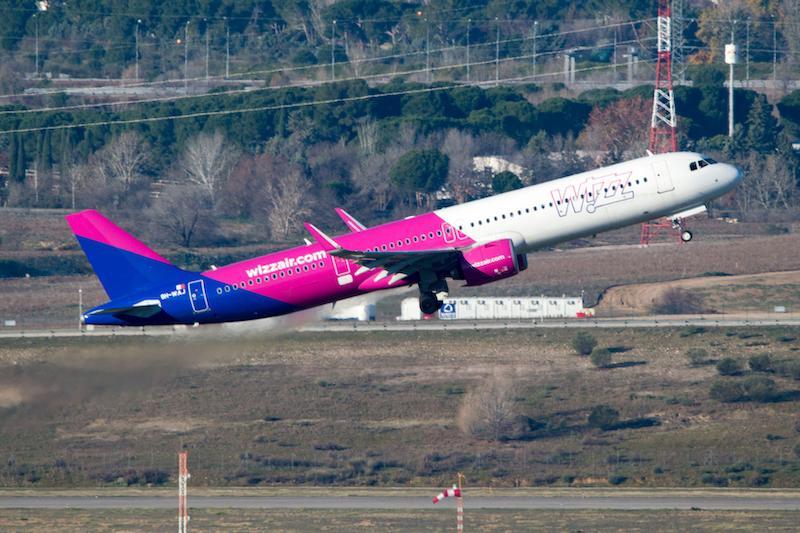
Wizz Air expects a “transition year” in fiscal 2025 with flat capacity growth due to ongoing operational challenges.
Despite these constraints, the Hungarian airline remains optimistic about demand and yield, and is looking toward eastern markets for future growth.
Speaking on a conference call following the publication of the company’s fiscal 2024 results for the year ended March 31—in which the airline rebounded from its fiscal 2023 loss of €466.8 million ($397.7 million) to a profit of €437.9 million—CEO József Váradi emphasized the robust demand for air travel across Wizz’s core markets.
“We are not seeing a softening of yields” he said. “Demand is very, very robust, so we are not seeing any significant weakening of markets, anywhere." The comments came after Ryanair Group CEO Michael O’Leary said on May 20 that airfares in Europe over the peak summer season would be lower than previously expected.
“We actually have scarcity of capacity versus demand for our services,” Váradi added. “This is pushing the yield up as opposed to [going] in the other direction. When you rip off the market ... I think you start creating a plateau. You can’t do that every year. I think this is the issue for many of the airlines. They have just gone up so much on pricing.”
Wizz’s capacity projections for fiscal 2025 remain flat year-over-year, reflecting the impact of grounded aircraft due to Pratt & Whitney GTF engine issues. The airline expects approximately 50 aircraft to be grounded by the end of the first half of September.
Nonetheless, Váradi believes that the airline’s efforts to manage these challenges, including increasing spare engine deliveries and extending aircraft leases, will help maintain stability.
In terms of network growth, Wizz is looking further east for expansion. “Going east, from a growth perspective, is probably the most attractive market given the dynamics of economic convergence,” Váradi said. “As soon as those countries liberalize the marketplace, like what happened in Central and Eastern Europe 20 years ago, it will create significant further growth opportunities.”
In the near future, he added that the ULCC—which celebrated its 20th anniversary on May 19—is focused on protecting its market share in key countries like Albania, Hungary, Italy, Poland, Romania and the UK.
Váradi said the impact of the Israel-Hamas war was €80 million ($68 million), but explained that demand to Tel Aviv has been “building steadily” since Wizz resumed flights in the last quarter.





